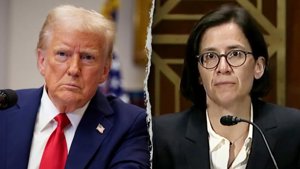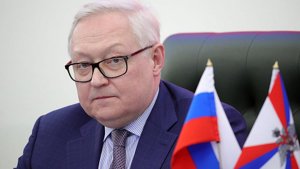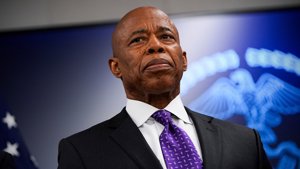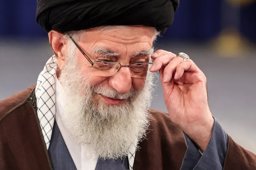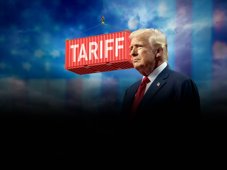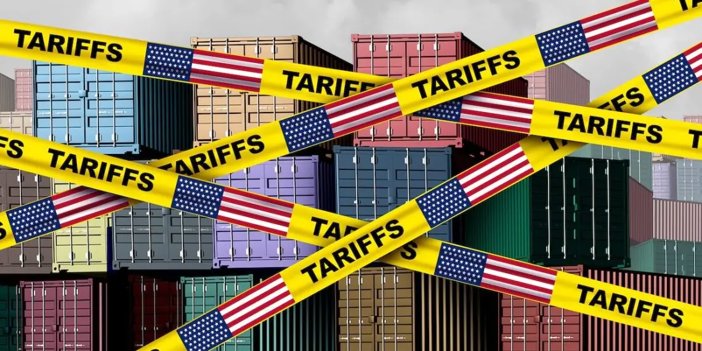
Allies Warn, Counter Trump Tariffs
President Donald Trump's sweeping new tariffs have triggered swift and widespread reactions from key global allies, many of whom are now signaling countermeasures or demanding urgent negotiations to avoid a full-scale trade conflict.
In the United Kingdom, Business and Trade Secretary Jonathan Reynolds responded to the newly imposed 10% tariffs on UK imports by stating that his government “will not hesitate to act” and has “a range of tools at its disposal.” He emphasized the UK’s goal of securing a fair economic deal with the U.S., saying, “Nobody wants a trade war... but nothing is off the table.”
Canada also reacted strongly. Prime Minister Mark Carney pledged to fight the tariffs with countermeasures. “We are going to fight these tariffs... with purpose and with force,” Carney said. He highlighted the gravity of U.S. tariffs on automobiles, steel, aluminum, and strategic sectors like pharmaceuticals and semiconductors, warning of significant changes to global trade.
China's Commerce Ministry issued one of the firmest rebukes, calling on the U.S. to “immediately revoke” its unilateral measures and engage in “equal dialogue.” The ministry pledged “resolute countermeasures,” warning that the newly imposed 34% tariffs—on top of existing 20% duties—pose a serious threat to global economic stability.
In Europe, leaders also voiced concern. Norway’s Trade Minister Cecilie Myrseth called the tariffs “serious for the world economy” and emphasized the broader implications for Norway through its ties to the EU. Swiss President Karin Keller-Sutter stated that the Federal Council is reviewing next steps, stressing the need to protect Switzerland’s long-term economic interests and uphold international trade norms. Swedish Prime Minister Ulf Kristersson affirmed that Sweden “will continue to stand up for free trade and international cooperation.”
As Trump’s tariffs—part of his “Liberation Day” trade policy—take effect, with duties on automobiles and various strategic sectors, international reactions suggest a rising risk of escalating trade disputes. Countries affected are now preparing defensive and retaliatory strategies as they call for cooperation, not confrontation.

